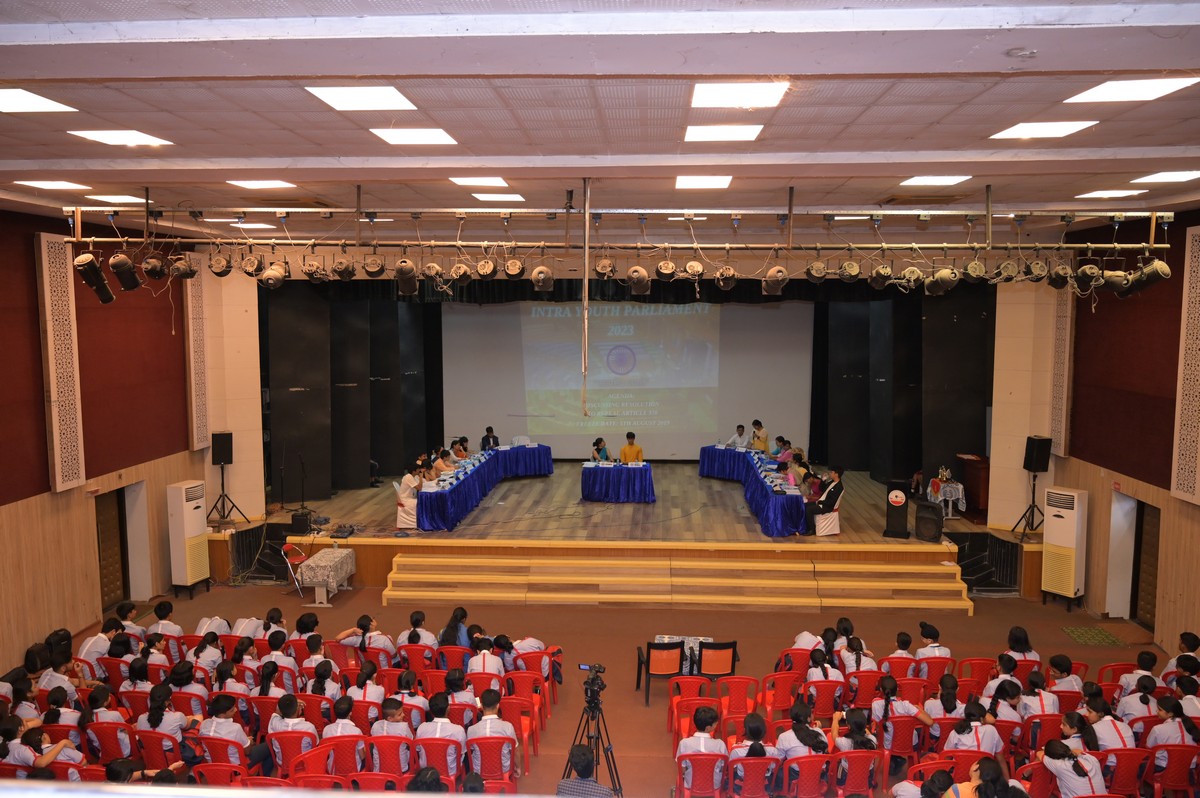 January, Jan 22, 2025
January, Jan 22, 2025

In this rapidly changing world where information is abundant, critical thinking is one of the most vital skills to learn for students. Schools play a pivotal role in cultivating this ability, enabling young minds to analyze, evaluate, and create solutions to complex problems. Children need to learn how to analyze, deduce, compare and contrast. But the question remains the same how do schools foster critical thinking? Below-mentioned are the points to know how schools can help the students think critically.
Encouraging Open-Ended Questions:
Critical thinking begins with curiosity and children are inherently curious about everything. By encouraging students to ask "why," "how," and "what if" questions, schools nurture a culture of inquiry. Open-ended questions in classroom discussions push students beyond rote memorization and urge them to explore multiple perspectives.
Incorporating Real-World Problems:
Schools should often integrate real-world problems into the curriculum to help students see the relevance of their education. The teachers must assign projects such as analyzing the impact of climate change in their local community or designing a sustainable energy model to encourage students to research, synthesize information, and propose viable solutions. By engaging with real-world issues, students learn to approach problems analytically and consider long-term consequences and ethical dimensions.
Encourage Collaborative Learning:
Teachers assigning group activities and projects foster critical thinking by exposing students to diverse viewpoints. When students collaborate with peers, they must listen, articulate their thoughts, and sometimes defend their ideas. This exchange of perspectives refines their reasoning abilities and teaches them how to evaluate arguments critically
Provide Real-Life Examples:
When teachers provide them with authentic experiences that are based on their interests and within the context of relationships, children perform better to think critically and create impact on any given subject or life skill via first-hand experience. Small children develop their critical thinking skills through playing board games, building with blocks, and role-playing with peers.
Training Educators to Model Critical Thinking:
Teachers are the role models for critical thinking in classrooms. Through professional development programs, schools train educators to ask probing questions, model analytical thought processes, and create a learning environment where critical thinking thrives.
Critical thinking is not a skill that can be taught overnight; it’s a lifelong process nurtured by consistent effort. Schools, as the foundational institutions of learning, are uniquely positioned to equip students with this essential skill. By nurturing curiosity, encouraging collaboration, and integrating real-world applications, schools prepare students not just for exams, but for life itself. When students learn to think critically, they become empowered to navigate an ever-changing world with confidence and clarity.
We are always here to help you

Dhukuria, P.O. - New Champta, Dagapur Siliguri - 734009
Mob : 98000-16008, 95640-11000
95640-22000
Landline : 0353-2574679 / 80 / 81
Email ID : info@gdgoenkaschool.in
Registered Address: Tenzing Norgay Road, Dagapur, Siliguri,Darjeeling, Matigara, Pradhan Nagar SO, Pin-734003
© COPYRIGHT 2024 DINODIA EDUCATIONAL SOCIETY-ALL RIGHTS RESERVED.
Powered by krishnatech







